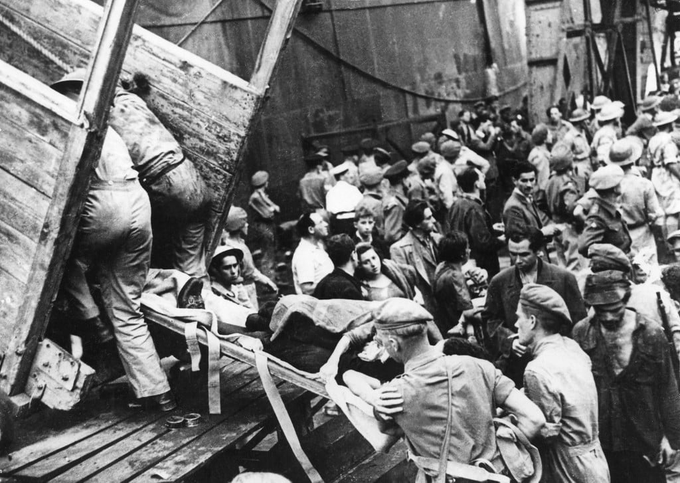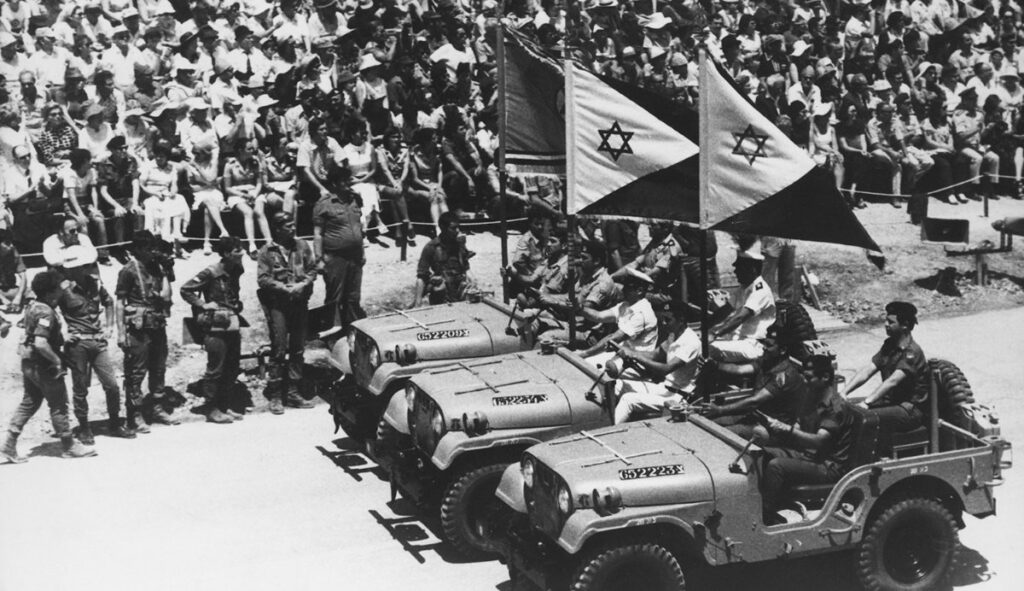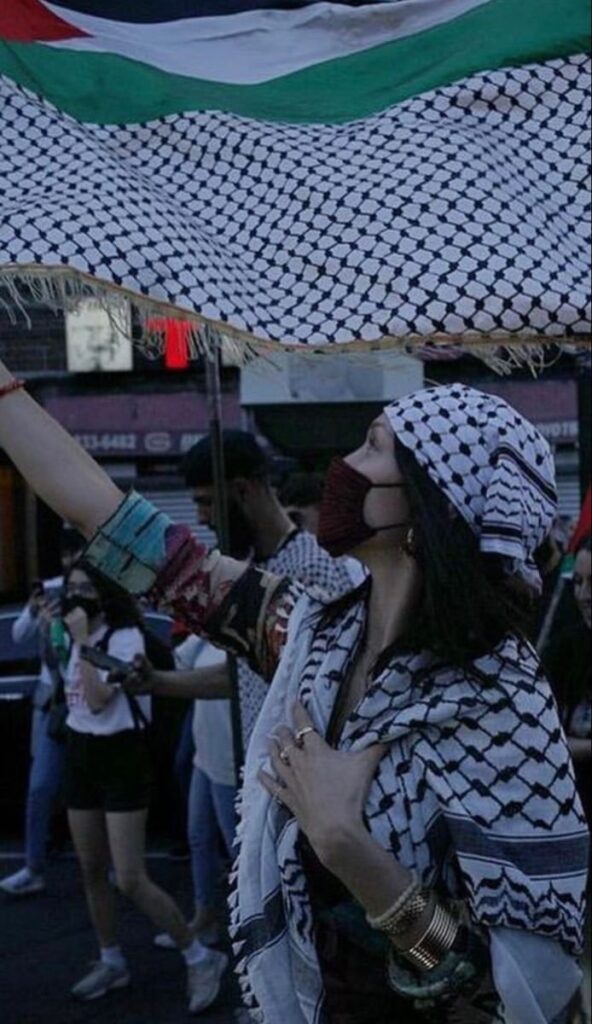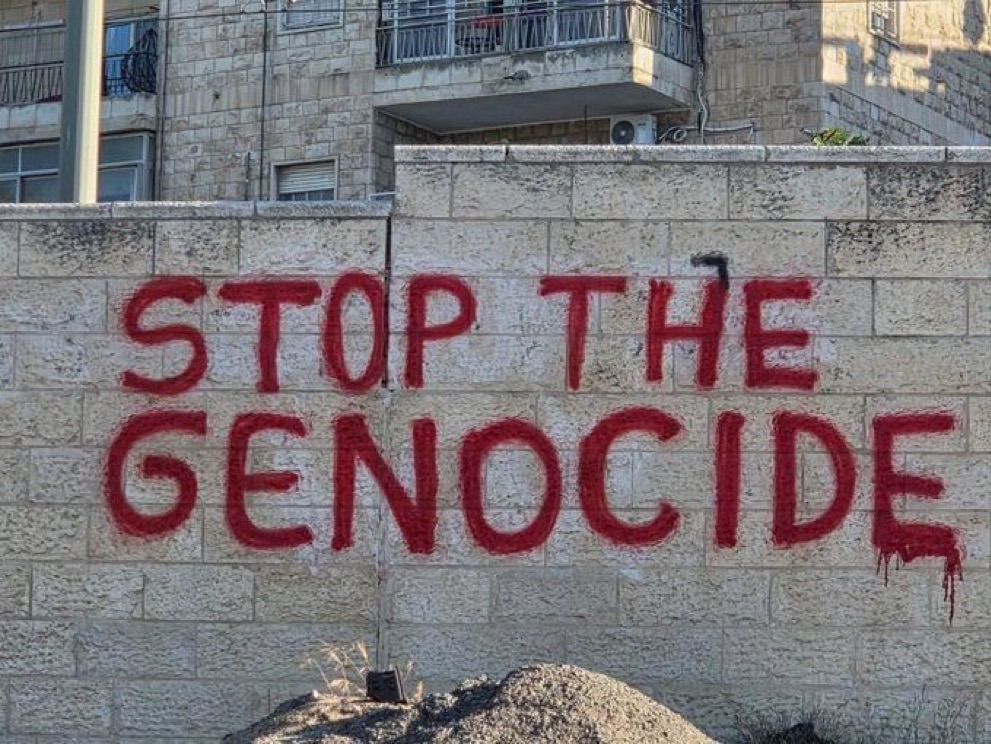📅 Published on: Jul 08, 2025
✍️ By: Najeeb ul Haq Ustad
The historically significant and revered land of Palestine has turned into a battlefield, not just for territorial gains but also for justice, truth, and dignity. As the world observes this ongoing struggle, it is more crucial than ever to tell the story of a people, the Palestinian people, who have suffered through decades of resistance, displacement, and occupation.
A Quick Overview: How Did It All Start?

Zionist immigration to Palestine in the early 20th century and British colonial choices are the main causes of the current Israeli-Palestinian conflict. Following the 1917 Balfour Declaration, in which Britain promised to support a Jewish homeland without consulting the native Palestinian population, there was an increase in Jewish immigration and tension in Palestine, which was then a predominantly Arab country under Ottoman and subsequently British rule.

The Nakba, which means “catastrophe” in Arabic, was the tragic expulsion or flight of over 750,000 Palestinians from their homes by 1948, when the State of Israel was established. Many of these refugees and their descendants now live in congested camps in Gaza, the West Bank, Lebanon, Jordan, and Syria, and they are still stateless today.
In the 21st Century, Apartheid and Occupation
A large portion of the Palestinian population currently lives under military occupation or siege:
• East Jerusalem, which is internationally recognized as Palestinian territory, has experienced mass evictions and land grabs;
• The West Bank is divided by illegal Israeli settlements, checkpoints, and a separation wall that limits movement and economic growth.
• The UN has referred to Israel’s (and Egypt’s) siege of Gaza, a small sliver of land inhabited by two million Palestinians, as an open-air jail. Human Rights Watch and Amnesty International came to the conclusion in 2021 that Israel’s treatment of Palestinians amounted to apartheid, a system of dominance and persecution.
Resilience and Resistance:

Despite the insurmountable obstacles, Palestinians have demonstrated incredible fortitude. The fight is not only military; it is also cultural, legal, and symbolic, as seen by nonviolent demonstrations in Sheikh Jarrah and international solidarity initiatives like Boycott, Divestment, and Sanctions (BDS).
Even kids learn the price of being themselves as they grow up. Journalists are shot, ambulances are halted, and schools are bombed. Palestinians, meanwhile, cling to hope, education, and life. They fight for dignity as well as land in every poem by Mahmoud Darwish, every keffiyeh waved, and every olive tree replanted.
What Does the World Say?
Although some governments support Israel diplomatically and militarily, popular sentiment around the world is changing: From London to Kuala Lumpur, millions of people have participated in pro-Palestine marches, and accusations of war crimes are being considered by international courts.
• A rising number of Jewish organizations, such as Jewish Voice for Peace, are speaking out against the policies of the Israeli government. Being pro-Palestine means opposing racism, injustice, and occupation, not being anti-Israel or anti-Jewish.
An Appeal for Humanity, Justice, and Peace
The Palestinian issue is not merely political — it’s a humanitarian crisis. Generations have lived without basic rights, safety, or hope for a normal future. Peace cannot come through weapons or walls. It must come through justice, accountability, and the recognition of Palestine’s right to exist with full sovereignty and dignity.
Let us not turn away. Let us raise our voices, demand an end to the occupation, and support the freedom of a people who have been silenced for too long.
FreePalestine 🇵🇸 is Not a Slogan It’s a Stand for Humanity

